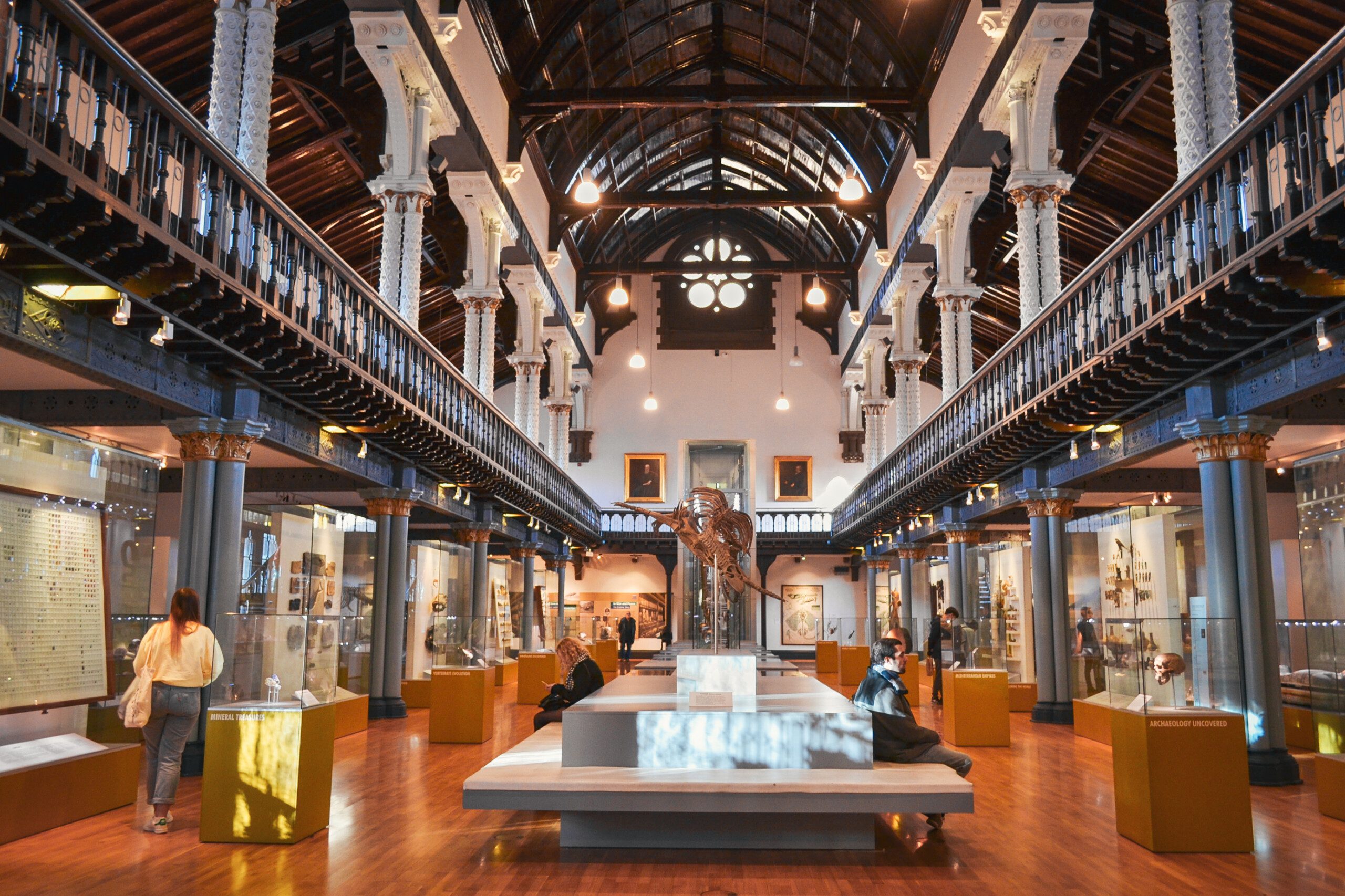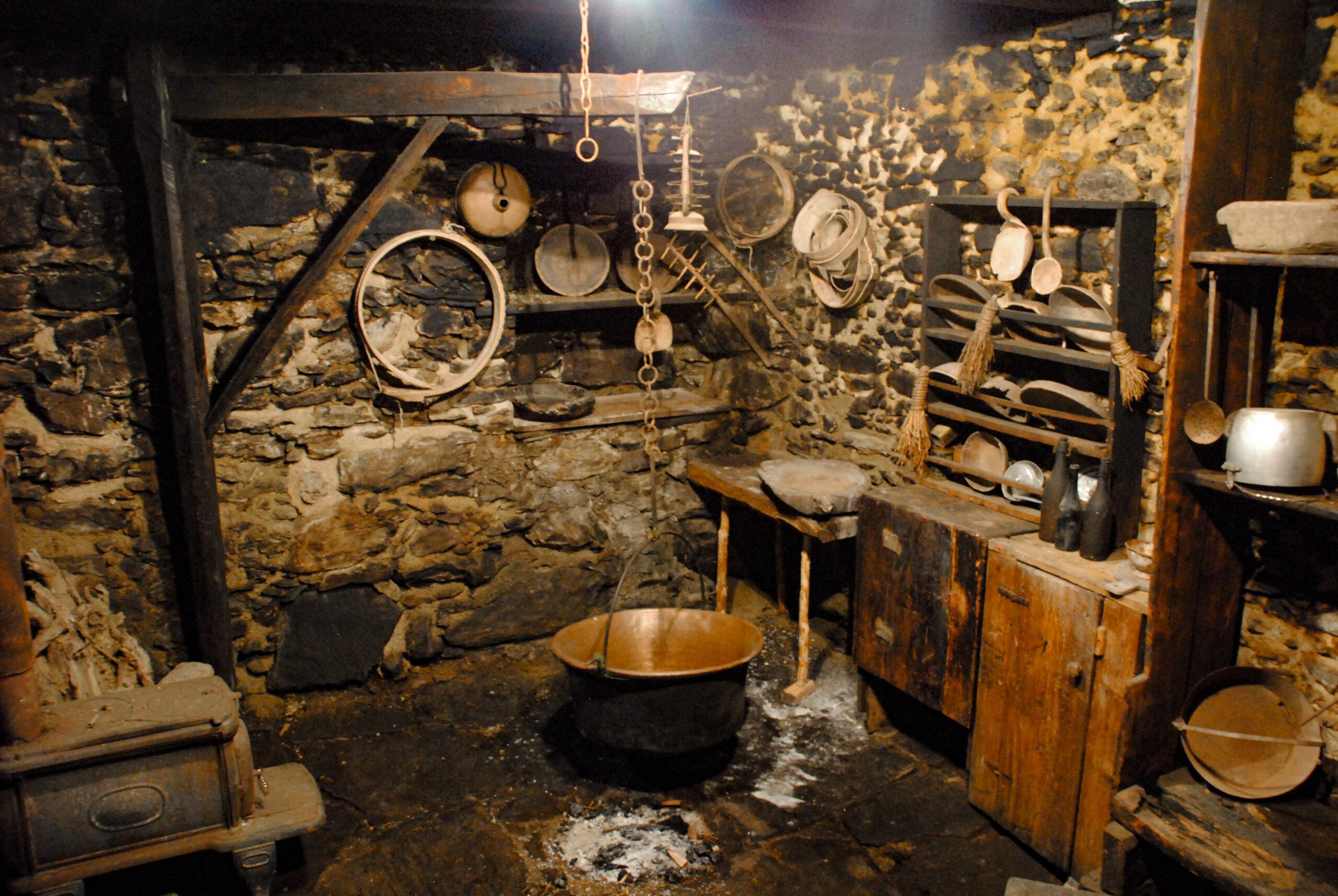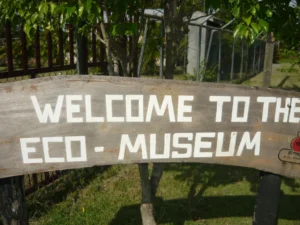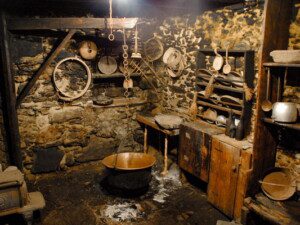Chef (Professional Chef): Reference scheme

Scheme D) Unregulated profession without a defined scheme (provisional scheme)
Note: The current scheme, although it considers some requirements of UNI UNI 11833, is classified as scheme D. This is because it only takes into consideration some aspects of the mentioned standard. Consequently, a specific TAH-CF sheet will be developed which will delve deeper into the individual aspects.
The reference scheme is based on the 'modelSkills Cycle' and is in line with the 'Tourism, Arts, Heritage Competence Framework (TAH-CF)'. the TAH-CF is defined in accordance with the European Qualifications Framework (EQF), the Recommendation of the European Parliament and of the Council 2009/C 155/02 (ECVET) and the APNR (Non-Regulated Professional Activities) scheme adopted by UNI for the technical standardization of unregulated professions.”
The form is made available to all stakeholders in the cultural tourism supply chain in order to collect comments and useful elements for identifying the initial scheme. All interested parties are invited to improve the sheet by sending their contributions to info@aiptoc.it
Description
PST20/P1: Chef (Professional Chef) (IV Level EQF)
The chef is the professional figure who is responsible for organizing kitchen activities and is responsible for the preparation, preparation and presentation of dishes within catering businesses (restaurants, hotels, campsites, fast food outlets, canteens, farmhouses, etc.) .
The Chef can work as an employee or can carry out the profession "on call". In the case of employee contracts, these can also be seasonal.
Standards of Reference
- European Qualification Framework (EQF)
- Recommendation 2009 / C 155/02 (European Credit System for Vocational Education and Training - ECVET)
- Law 4/2013 relating to non-regulated professions
Although the certification process is not mandatory, it is worth remembering that the UNI - Italian Standardization Body has issued the certification standard UNI 11833 "Non-regulated professional activities - Professional chef - Knowledge, skill and competence requirements"
Specific tasks and activities
- Create recipes and menus according to the needs and types of service requested by the client and the consumer (customer).
- Identify and use food raw materials according to their product characteristics.
- Quantify and control the supply of raw materials necessary for the production of the dishes, monitoring stocks and inventories.
- Arrange for the conservation and traceability of raw materials based on the types and departments in which they are used.
- Cooking: a) preparing the mise en liking in the kitchen, selecting, cleaning, establishing weights and processing the raw food materials in compliance with the times and work plans assigned in view of the preparation of the recipes; b) transform foods through traditional and/or innovative cooking techniques, according to the requirements of the service and the expected results.
- Prepare and take care of the portioning, arrangement, garnishing and presentation of the dish according to the instructions received, the type of service proposed and the department in which it operates.
- Use machines and equipment in compliance with legislation on hygiene and safety at work.
- Coordinate and integrate activities, individual tasks and own duties within the kitchen brigade.
- Operate in compliance with the requirements of service quality and customer satisfaction
Source Uni 11833
Profile Evaluation Criteria
To certify the possession of skills, it is proposed to take into consideration methodologies that take into account the following aspects in a non-mutually exclusive manner, i.e. possibly in combination with each other:
- Qualifications awarded in the academic field (Formal Learning)
- Specific Training (Non-Formal Learning)
- Work or Professional Experience (Informal Learning)
Work or professional experience can be demonstrated through various tools including:
- Curriculum Vitae
- Professional portfolio
- Objective placement on the market (awards, regional, national or international recognition)
Requirements for access to the professional figure
Since the professional figure is not organized in an order or college, the requirements may vary based on the relevant Professional Association or other criteria established by the individual interested parties. Below are the requirements adopted by the Helios Study Center for inclusion in the internal register containing the list of Professionals whose skills have been recognized as corresponding to the requirements indicated in the “Tourism, Arts and Heritage Competence Framework (TAH-CF)”
- Having attended specific training courses for the professional figure in question organized/recognised by Regions or professional associations established pursuant to law 4/2013 and recognized by the Ministry of Business and Made in Italy (formerly MISE) and at least six months of experience work or profession related to the profession in question
Or
- Having attended a specific training course whose contents and assessment methods comply with this sheet and at least six months of work or professional experience relating to the profession in question
Or
- Having attended a specific training course whose contents are explained by the UNI: 11833 standard and at least 6 months of work or professional experience referable to the skill in question
Or
- Secondary school diploma and at least 1 year, even if not continuous, of proven work, professional experience relating to the profession in question
Or
- At least 3 years, even if not continuous, of proven work or professional experience relating to the profession in question
Or
- Be included in the Registers of Professional Associations established pursuant to law 4/2013 and recognized by the Ministry of Business and Made in Italy (ex MISE) as long as they refer to the profession in question
- Be included in Registers of certified personnel pursuant to the UNI: 11833 standard
-
Related searches on the Skills Archive Databases (UNDER IMPLEMENTATION)
Featured Heritage Interpretation
Featured training
Basic courses
High Specialization Courses





















